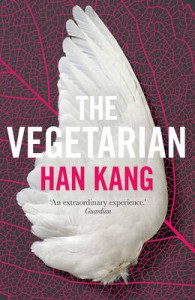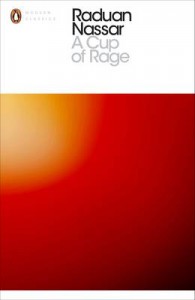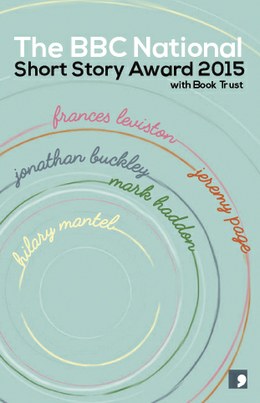For the past couple of years, I’ve been part of a panel of bloggers (and other readers) shadowing the Independent Foreign Fiction Prize (IFFP). We would read that year’s longlist, score the books, create our own shortlist, choose our own shadow winner. It was always a highlight of my reading and blogging year.
Well, now the IFFP as we knew it is no more, having been merged into a reformatted Man Booker International Prize. But the shadow panel lives on: we’ll be reading along with the new MBIP, just as before. We have each prepared a short bio to introduce ourselves; so, please meet my fellow shadow panellists:
***
Stu Allen is returning to chair the first Man Booker International Prize shadow jury after hosting four shadow IFFP juries. He blogs out of Winstonsdad’s Blog, home to 500-plus translated books in review. He can be found on twitter (@stujallen), where he also started the successful translated fiction hashtag #TranslationThurs over five years ago.
Tony Malone is an Anglo-Australian reviewer with a particular focus on German, Japanese and Korean fiction. He blogs at Tony’s Reading List, and his reviews have also appeared at Words Without Borders, Necessary Fiction and Shiny New Books. Based in Melbourne, he teaches ESL to prospective university students when he’s not reading and reviewing. He can also be found on Twitter @tony_malone
Clare started blogging at A Little Blog of Books four years ago. When she’s not doing her day job in London, she blogs mostly about contemporary literary fiction and particularly enjoys reading books by French and Japanese authors. Twitter: @littleblogbooks
Tony Messenger is addicted to lists, and books – put the two together (especially translated works) and the bookshelves sigh under the weight of new purchases as the “to be read” piles grow and the voracious all-night reading continues. Another Tony from Melbourne Australia, @messy_tony (his Twitter handle) may sometimes be mistaken for the more famous Malone Tony but rest assured they’re two different people. Messy Tony can be found at Messengers Booker (and more) and at Messenger’s Booker on Facebook – with a blog containing the word “booker” why wouldn’t he read this list?
Lori Feathers lives in Dallas, Texas, and is a freelance book critic and member of the National Book Critics Circle. Her recent reviews can be found at Words Without Borders, Full Stop, World Literature Today, Three Percent, Rain Taxi and on Twitter @LoriFeathers
Bellezza is a blogger from Chicago, Illinois, who has been writing Dolce Bellezza for ten years. She has run the Japanese Literature Challenge for 9 years, and her reviews can be found on publisher sites such as Penguin Random House, Simon and Schuster, Peirene Press, and SoHo Press. It is her great joy to participate in the shadow jury for the Man Booker International Prize with fellow participants who are experts in translated literature.
David Hebblethwaite – well, you know me…
Grant Rintoul is a Scottish reviewer who lives on the coast not far from the 39 steps said to have inspired Buchan’s novel. Luckily the weather is generally ideal for reading. He blogs at 1streading, so-called as he rarely has time to look at anything twice. He can sometimes be found on Twitter @GrantRintoul
***
The mechanics of the MBIP are not actually that much different from those of the IFFP: the main change is that the longlist will comprise 12 or 13 titles, rather than the 15 of old. This first new-style MBIP also has an extended eligibility period, so it will cover books published in the UK between 1 January 2015 and 30 April 2016 – which means that some writers, such as Han Kang and Karl Ove Knausgaard, will have two titles eligible (and others, like Patrick Modiano, will have more than that!). There is every chance of worthy books being left off the longlist (as we felt happened with Zone last year).
The key dates for the 2016 Man Booker International Prize are:
10 March: longlist announcement
14 April: shortlist announcement
16 May: winner announcement
The shadow panel will be there to read along every step of the way. I’ve read some excellent translated fiction over the last year, and I look forward to seeing what makes the cut.
Like this:
Like Loading...





Recent Comments